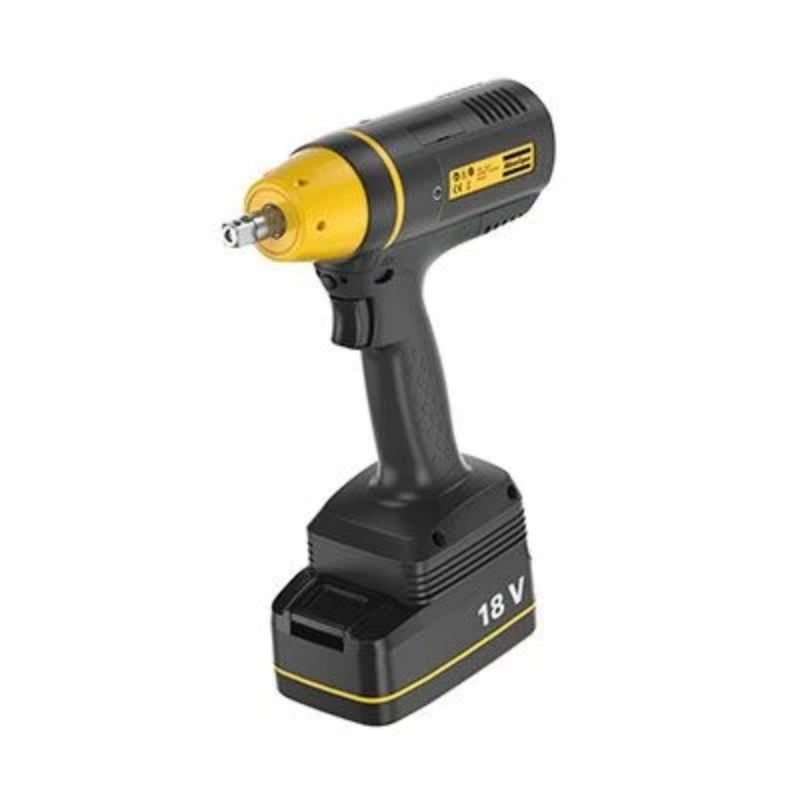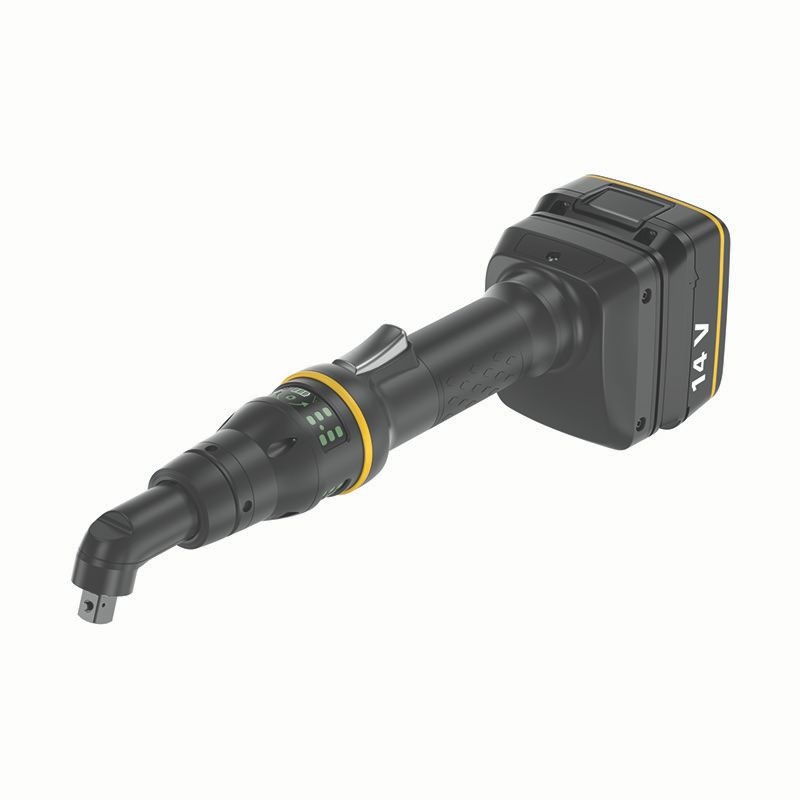Agility, automation, cybersecurity, digital twins, sustainability—these are the key factors shaping today’s manufacturing landscape. Far from being fleeting trends, they are the building blocks of a Smart Factory. But what does it really mean to have a Smart Factory?
What is Industry 4.0?
First introduced in 2011, Industry 4.0, also known as the fourth industrial revolution, marks a transformative era in manufacturing—an era driven by digitization, seamless connectivity, and intelligent, data-powered processes.
Industry 4.0 core technologies are redefining industrial manufacturing. Explore some of the core technologies that make up Industry 4.0:
Internet of Things – IoT: IoT creates a vast network of interconnected devices that collect, share, and act on data autonomously. By enabling seamless communication between smart devices and internet-enabled systems, IoT allows businesses to make smarter, data-driven decisions and improve efficiency. In industrial applications, IoT is transforming operations by monitoring machine performance, detecting equipment failures, optimizing production, and enhancing supply chain management.
Big Data Analytics: Big data analytics transforms raw data into actionable insights by uncovering patterns, trends, and correlations within large data sets. Leveraging advanced tools such as machine learning, predictive modelling, and data visualization, it helps businesses forecast outcomes, optimize processes, and make data-informed decisions. By integrating artificial intelligence, big data analytics further enhances predictive modelling and scenario analysis.
Automation: Automation is revolutionizing industrial manufacturing by increasing efficiency, scalability, and flexibility. Automation shortens production paths, enhances assembly line control, and supports ergonomic and sustainable workspaces. Collaborative robots (cobots) empower operators by working alongside them, automating tasks while maintaining adaptability. Automation can be implemented at every level, from individual tools to entire assembly lines, driving productivity while reducing operational costs.
Artificial Intelligence – AI: AI is reshaping manufacturing by enhancing efficiency, precision, and adaptability. Through technologies like machine learning and natural language processing, AI improves manufacturing processes and opens doors to impactful applications such as predictive maintenance. By forecasting potential issues, reducing downtime, and optimizing maintenance schedules, AI empowers manufacturers to operate smarter and more effectively.
These Industry 4.0 solutions complement each other and work in tandem, allowing manufacturers to reap greater benefits.
What is a Smart Factory?
A smart factory is a digitized and highly automated manufacturing facility that uses connected devices, machinery and production systems to continuously collect and share data. Data that is then used to improve processes as well as proactively address any issues that may arise along the production line.
Smart Factories embody the full potential of Industry 4.0 solutions in manufacturing. By enabling leaner operations and enhancing resource efficiency, Smart Factories boost productivity. With the ability to garner deeper insights through data collection and analysis, Smart Factories extend machine lifecycles and significantly reduce waste. This wealth of insights not only drives operational excellence but plays an equally crucial role in helping manufacturers reach their sustainability goals.
Smart Integrated Assembly—the Atlas Copco approach
At Atlas Copco, we see ourselves as your trusted partner as we advance in manufacturing. Smart Integrated Assembly is our concept for industrial manufacturers looking to transform and implement Smart Factories. 
More information,please visit our website, www.xmmaicaotools.com
Agility, automation, cybersecurity, digital twins, sustainability—these are the key factors shaping today’s manufacturing landscape. Far from being fleeting trends, they are the building blocks of a Smart Factory. But what does it really mean to have a Smart Factory? What is Industry 4.0? First introduced in 2011, Industry 4.0, also known as the fourth industrial revolution, marks a transformative era in manufacturing—an era driven by digitization, seamless connectivity, and intelligent, data-powered processes. Industry 4.0 core technologies are redefining industrial manufacturing. Explore some of the core technologies that make up Industry 4.0: Internet of Things – IoT: IoT creates a vast network of interconnected devices that collect, share, and act on data autonomously. By enabling seamless communication between smart devices and internet-enabled systems, IoT allows businesses to make smarter, data-driven decisions and improve efficiency. In industrial applications, IoT is transforming operations by monitoring machine performance, detecting equipment failures, optimizing production, and enhancing supply chain management. Big Data Analytics: Big data analytics transforms raw data into actionable insights by uncovering patterns, trends, and correlations within large data sets. Leveraging advanced tools such as machine learning, predictive modelling, and data visualization, it helps businesses forecast outcomes, optimize processes, and make data-informed decisions. By integrating artificial intelligence, big data analytics further enhances predictive modelling and scenario analysis. Automation: Automation is revolutionizing industrial manufacturing by increasing efficiency, scalability, and flexibility. Automation shortens production paths, enhances assembly line control, and supports ergonomic and sustainable workspaces. Collaborative robots (cobots) empower operators by working alongside them, automating tasks while maintaining adaptability. Automation can be implemented at every level, from individual tools to entire assembly lines, driving productivity while reducing operational costs. Artificial Intelligence – AI: AI is reshaping manufacturing by enhancing efficiency, precision, and adaptability. Through technologies like machine learning and natural language processing, AI improves manufacturing processes and opens doors to impactful applications such as predictive maintenance. By forecasting potential issues, reducing downtime, and optimizing maintenance schedules, AI empowers manufacturers to operate smarter and more effectively. These Industry 4.0 solutions complement each other and work in tandem, allowing manufacturers to reap greater benefits. What is a Smart Factory? A smart factory is a digitized and highly automated manufacturing facility that uses connected devices, machinery and production systems to continuously collect and share data. Data that is then used to improve processes as well as proactively address any issues that may arise along the production line. Smart Factories embody the full potential of Industry 4.0 solutions in manufacturing. By enabling leaner operations and enhancing resource efficiency, Smart Factories boost productivity. With the ability to garner deeper insights through data collection and analysis, Smart Factories extend machine lifecycles and significantly reduce waste. This wealth of insights not only drives operational excellence but plays an equally crucial role in helping manufacturers reach their sustainability goals. Smart Integrated Assembly—the Atlas Copco approach.
For more information,please visit our website. www.xmmaicaotools.com